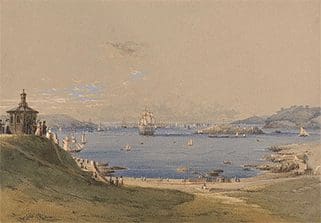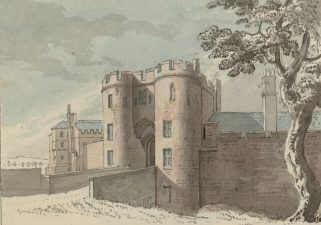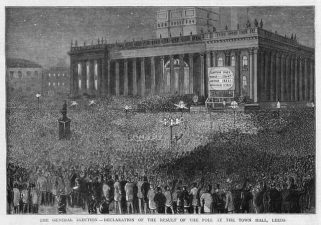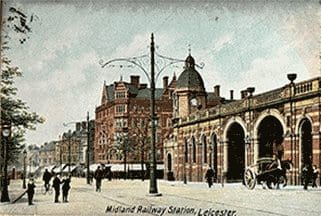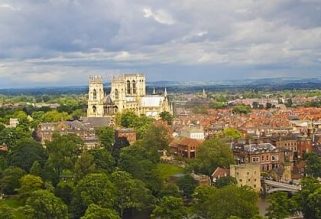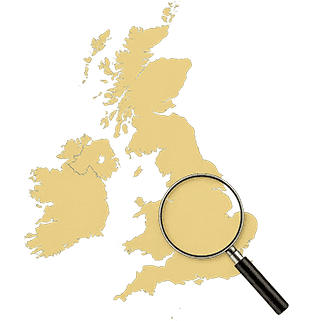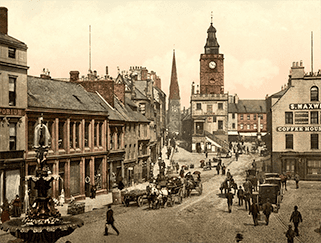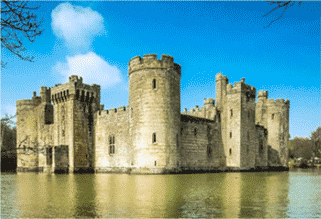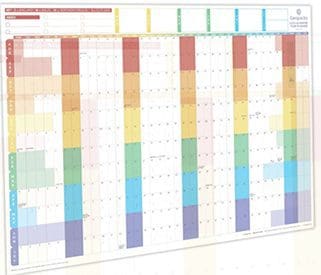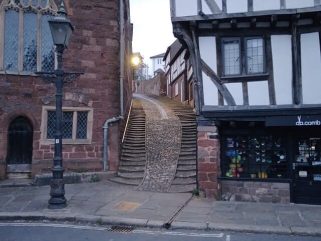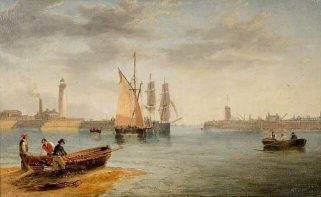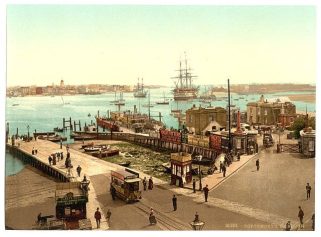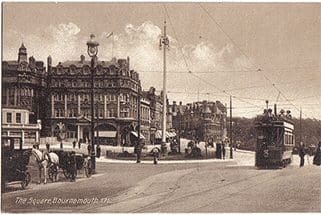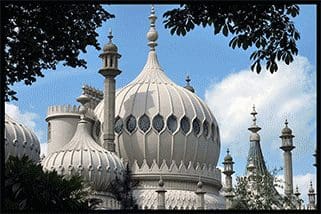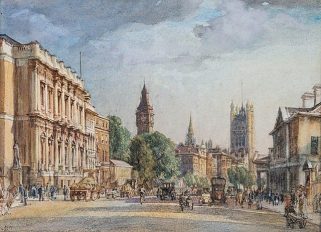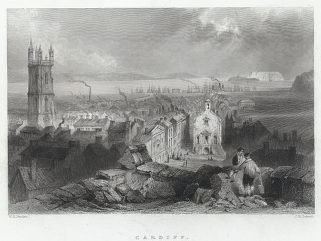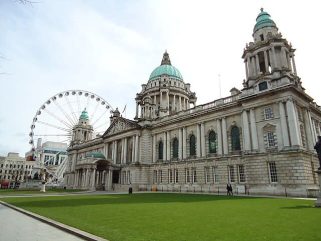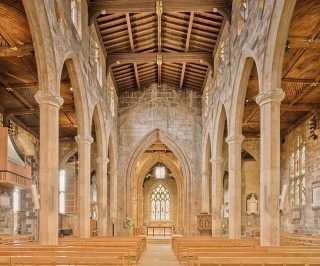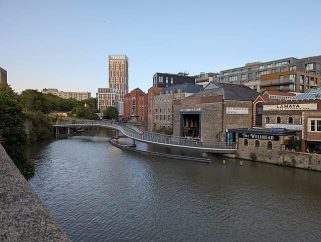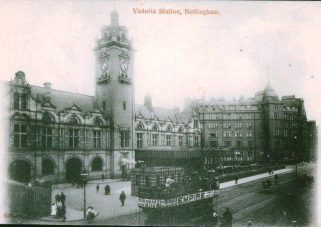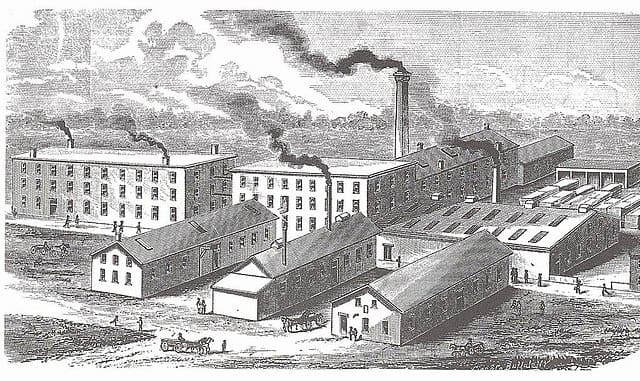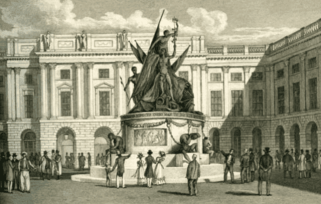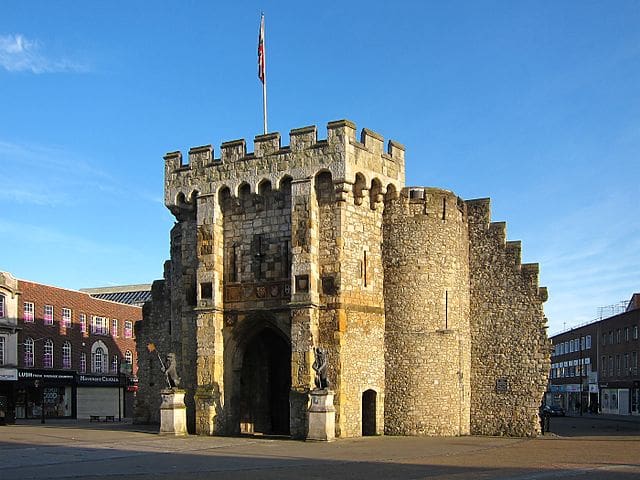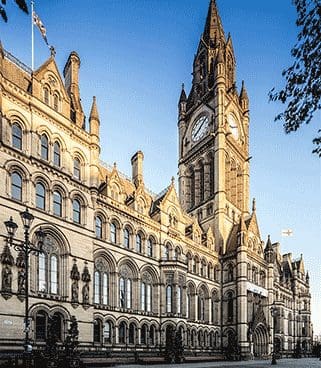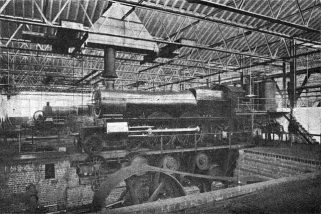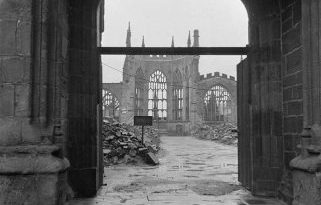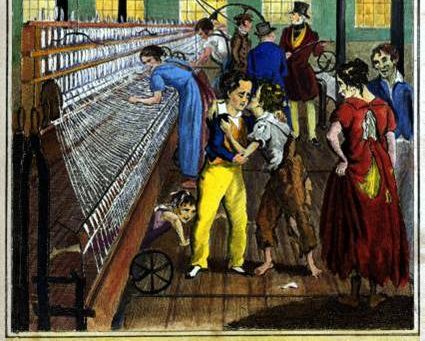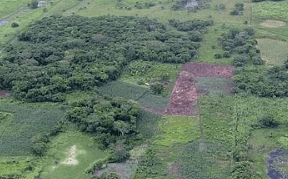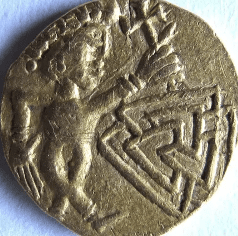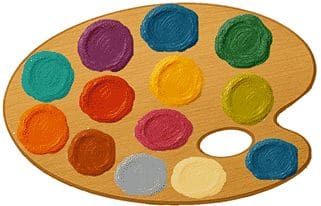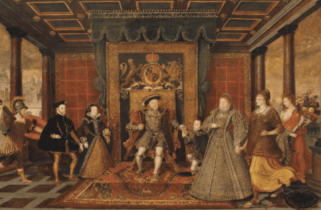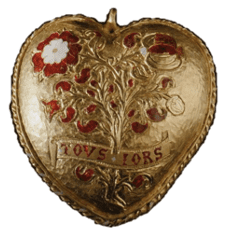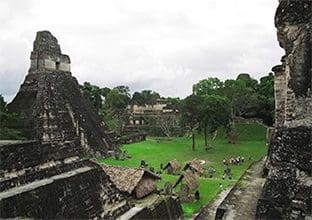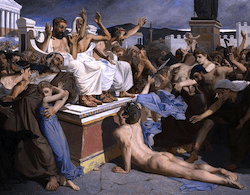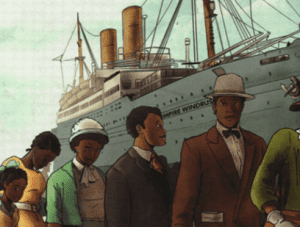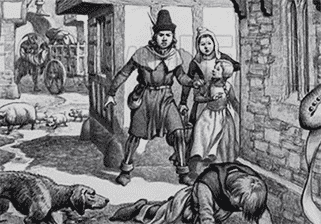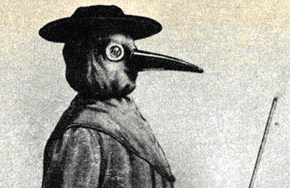Teaching history at Key stage 2 (KS2)
Plymouth – significant people and events
Plymouth is a historic port city in Devon with a strong connection to exploration, naval power, and migration. Its natural…
Read MoreHow do I know I am teaching history in the right way? A few pointers for non-specialists
When your colleagues, who have to master 11 subjects after all , feel that they need a few pointers to…
Read MoreChester – significant people and events
Chester is one of England’s best-preserved historic cities, with a past that stretches back almost 2,000 years so makes a…
Read MoreLeeds – significant people and events
Leeds’ history has been shaped by trade, industry, and urban growth so makes a brilliant study linked to the Victorian…
Read MoreLeicester – significant people and events (Case study)
Above all, studying Leicester provides brilliant opportunities to look at diversity. Ethnic groups make up the majority of the population…
Read MoreYork – significant people and events
York is one of the oldest and most historically important cities in the United Kingdom. Its history stretches back nearly…
Read MoreAny changes for your history teaching in 2026? I’ve got one
As you will know from the headlines of the government’s recent curriculum review among the changes being recommended concerns local…
Read MoreTop 10 activities for local history
Whilst the activities you choose to use in your local history study will very much depend on the nature of…
Read MoreTeaching Local History at Key Stage 2
So, where do we start if we haven’t a clue about Local History? Unlike all other areas of study Local…
Read More8 tough choices for KS1 history subject leaders. Reinforcement or needless repetition?
Plotting your choice, and sequence, of topics at KS1 is much more difficult than many people imagine. And you can’t…
Read MoreExeter – significant people and events
Exeter is one of the oldest cities in England, with a history shaped by Roman rule, religion, trade, and regional…
Read MoreHow well do your pupils understand the concept of historical interpretations? A quick diagnostic quiz
Teaching about interpretations in history is one of the hardest challenges KS2 teachers will face. When pupils are searching for…
Read MoreSunderland – significant people and events
Sunderland is a city on the north-east coast of England whose history has been shaped by the sea, industry, and…
Read MorePortsmouth – significant people and events
Portsmouth is a historic port city on the south coast of England whose identity has long been shaped by the…
Read MoreHow to improve your pupils’ writing in history at KS2
‘Low floor-high ceiling’: From short jogs to full marathon Without wanting to do anything that runs counter to your school’s…
Read MoreBournemouth – significant people and events
Bournemouth is an influential coastal town known for its strategic location, natural environment, and contribution to learning and innovation. Established…
Read MoreEdinburgh – significant people and events
Edinburgh is an influential city because it has long been a place where ideas grow and important decisions are made….
Read MoreBrighton – significant people and events
Brighton is an influential seaside city known for its creativity, diversity and bold ideas. It grew as a popular resort…
Read MoreLondon – significant people and events
London is an influential city because it has been a centre of power, ideas and culture for hundreds of years….
Read MoreCardiff – significant people and events
Cardiff is an influential capital city where ideas, leadership and culture meet. It grew from a small town into a…
Read MoreBelfast – significant people and events
Belfast is an influential city because it is a place of building, learning and big change. It grew quickly as…
Read MoreSheffield – significant people and events
Sheffield is a city of makers, famous for “steel and skill.” For a long time, hot furnaces and busy workshops…
Read MoreBristol – significant people and events
Bristol is an influential city in the South West of England because it has been an important place for travel,…
Read MoreNottingham – significant people and events
Nottingham is an influential city in England because it has inspired important ideas, stories and people for centuries. It is…
Read MoreNewcastle – significant people and events
Newcastle is an influential city in the North East of England because it helped power Britain’s growth and inspired many…
Read MoreLiverpool – significant people and events
Liverpool is one of Britain’s most influential cities because its port is connected the country to the wider world and…
Read MoreSouthampton – significant people and events
Southampton is an influential city on England’s south coast because it has connected people, places and important events for centuries….
Read MoreGlasgow – significant people and events
Glasgow is one of Scotland’s most influential cities because it has helped shape important ideas and people. In the past,…
Read MoreBirmingham – significant people and events
Birmingham is one of Britain’s most influential cities because it has helped shape big ideas and important people. In the…
Read MoreManchester – significant people and events
Historically significant people associated with the city of Manchester and surrounding area. Manchester is one of Britain’s most historically influential…
Read MoreSwindon – significant people and events
Swindon is a town in Wiltshire with a history shaped by industry, transport, and change. For much of the Middle…
Read MoreCoventry – significant people and events
Coventry’s history reflects some of the most important changes in British life. In the Middle Ages, Coventry grew rich through…
Read MoreVictorians – end of unit quiz
Throughout this unit, we’ve explored what life was like in Britain during Queen Victoria’s long reign, from bustling factories and…
Read MoreUsing the Maya topic to look at changing interpretations
One of the hardest ideas to teach young children is that history is a construct and liable to changing interpretations….
Read MoreLooking for a new stimulus to teach arrival of Christianity in Saxon Britain?
Earlier this summer (2025) this very rare coin was found, one of the earliest Anglo-Saxon coins in existence. What makes…
Read MoreHistorian’s palette – characteristics
We often talk about historical thinking on the site but what about historical writing. How do you help children to…
Read MoreHistorian’s palette – significance
We often talk about historical thinking on the site but what about historical writing. How do you help children to…
Read MoreHistorian’s palette – interpretations
We often talk about historical thinking on the site but what about historical writing. How do you help children to…
Read MoreHistorian’s palette – change and continuity
We often talk about historical thinking on the site but what about historical writing. How do you help children to…
Read MoreMystery picture – hidden meanings in a Tudor painting
One of the exciting things about teaching history is watching the penny drop with pupils who discover that history is…
Read MoreHistorian’s palette – using sources
We often talk about historical thinking on the site but what about historical writing. How do you help children to…
Read MoreHistorian’s palette – causation
We often talk about historical thinking on the site but what about historical writing. How do you help children to…
Read MoreHenry and Katherine of Aragon: a love story less well told?
A recent find in a field in Warwickshire is to be sold and the hope is that the British Museum…
Read MoreMayan civilisation KS2 – end of unit quiz
You’ve explored the incredible world of the ancient Maya — a people who built great cities, invented their own writing…
Read MoreAncient Greece – end of unit quiz
You’ve learned about the amazing people, places, and ideas from thousands of years ago — now it’s time to see…
Read MoreBlack and British – assessment task
This assessment task is different from the others in the KS2 suite of tasks in that it comprises multiple questions…
Read MoreProgression in primary history: Top 6 ideas
A lot of you have been tasked with trying to specify what progression looks like in history in your school….
Read MorePlanner for KS2 thematic study Black Death to today: Keeping healthy over time
This intrinsically interesting topic has been chosen as a long-term development study as it not only builds on the fact…
Read MoreKeeping healthy – KQ1 – What does the Black Death of 1348 tell us about people’s knowledge of health 700 years ago?
Pupils are hooked in with a story of the impact of the Black Death on one family. This is followed…
Read MoreKeeping healthy – KQ2 – How much more did they know about keeping healthy by the time of the Great Plague of 1665?
Pupils’ attention is focused on the Great Plague of 1665. They consider the likely efficacy of methods used to combat…
Read More
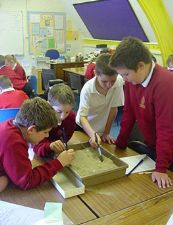 Welcome to the section for teaching history at KS2 where you will find masses of advice on how to make history both fun and satisfyingly challenging. You will be helped to design and plan an exciting primary history curriculum , taking into account the difficult areas of assessment and progression and mindful of the new focus on curriculum within OFSTED’s framework. You will see how our enquiry-led approach, structured around a limited number of expertly-chosen key questions enables you to blend substantive and disciplinary knowldge. The interplay between the tow is essential for great history learning. One without the other is of very limited value in building historical thinking.
Welcome to the section for teaching history at KS2 where you will find masses of advice on how to make history both fun and satisfyingly challenging. You will be helped to design and plan an exciting primary history curriculum , taking into account the difficult areas of assessment and progression and mindful of the new focus on curriculum within OFSTED’s framework. You will see how our enquiry-led approach, structured around a limited number of expertly-chosen key questions enables you to blend substantive and disciplinary knowldge. The interplay between the tow is essential for great history learning. One without the other is of very limited value in building historical thinking.